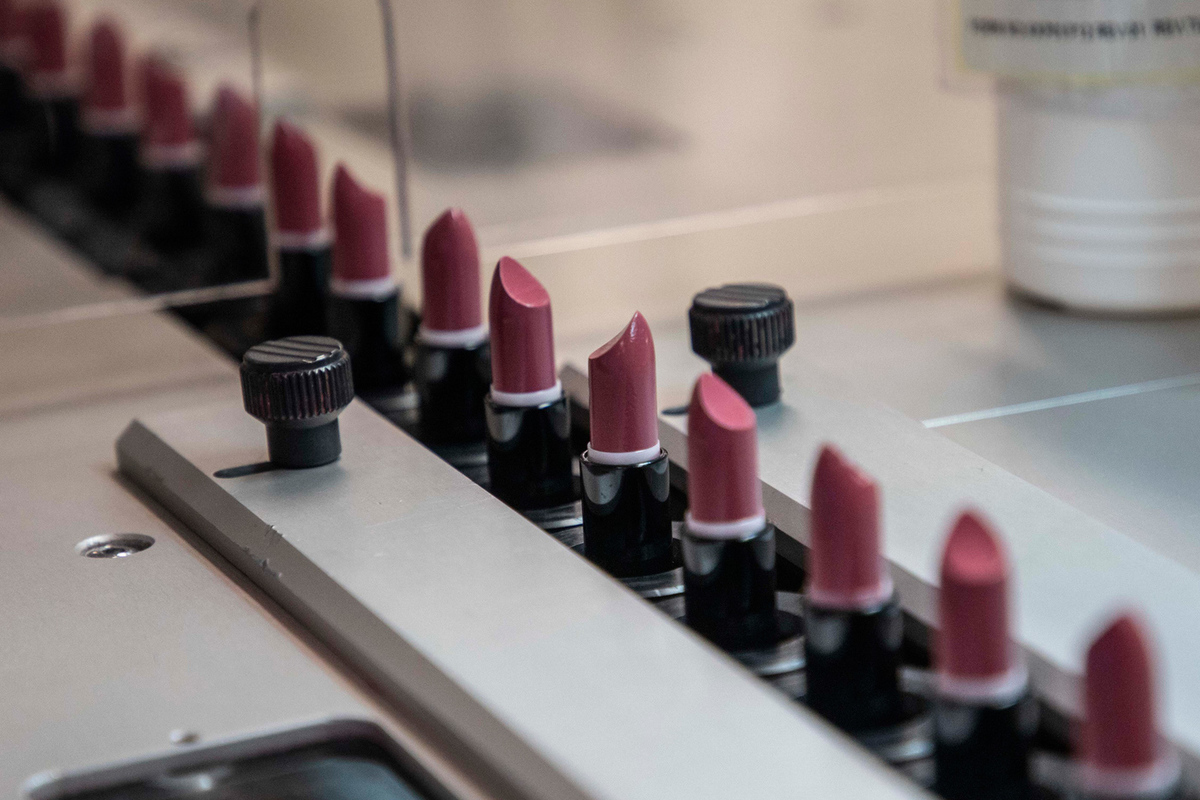The European Union has decided to impose environmental duties on cosmetics manufacturers
[ad_1]

Companies will have to bear the cost of pollution control
The EU will force cosmetics companies to pay to reduce microplastic pollution. The draft rules follow the polluter pays principle and would mean companies cover 80% of the additional cleanup costs. This also suggests that cosmetics manufacturers may pass on additional costs to consumers by increasing the cost of their products.
Cosmetics companies will have to pay more to clean up microplastic pollution after EU negotiators struck a new deal on wastewater treatment.
According to The Guardian, under the draft rules, which follow the “polluter pays” principle, companies selling drugs and cosmetics would have to cover at least 80% of the additional costs needed to remove the smallest pollutants that contaminate municipal wastewater. Governments will pay the rest, EU members said, as they seek to prevent vital supplies from becoming too expensive or in short supply.
Virginijus Sinkevičius, EU Environment Commissioner, says these steps will protect citizens from harmful emissions from pharmaceuticals and cosmetics that end up in water bodies: “This will make our water cleaner and protect our health.”
The rules, which have been agreed by the European Parliament and the Council of Europe but have not yet been formally adopted, tighten requirements for removing nutrients from water and set new standards for micropollutants. The innovations also expand the areas covered by the law.
By 2035, EU member states will be required to remove organic matter from municipal wastewater before releasing it into the environment in all localities with a population of more than 1,000 people. By 2045, they will have to remove nitrogen and phosphorus from all wastewater treatment plants serving more than 10,000 people. They will also have to add an extra step to remove a “broad range” of micropollutants, according to the European Parliament.
Governments will also have to monitor wastewater for microplastics, “forever chemicals” per- and polyfluoroalkyl substances (PFAS) and key health indicators such as antimicrobial resistance.
But member states have been slow to enforce existing wastewater treatment regulations. Last month, the European Commission referred Spain to the European Court of Justice for failing to comply with existing wastewater treatment rules in 225 communities.
Nils Torvalds, the Finnish MEP who was responsible for the proposal, says: “The agreement we have reached today is a breakthrough in significantly improving water management and wastewater treatment standards in Europe, especially taking into account new rules for the removal of micropollutants from medicines and personal hygiene products. We have ensured that the impact of this legislation on the affordability of medicines is not disproportionate.”
The agreement is intended to widen the gap between environmental protection in the EU and the UK after Brexit. Earlier this month, The Guardian reported that Britain was lagging behind the EU in almost every area of environmental regulation and that its water industry had shelved plans to tackle the country’s sewage pollution crisis.
[ad_2]
Source link






